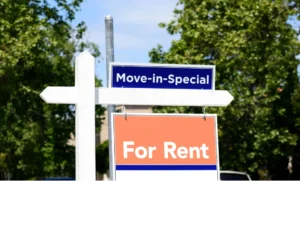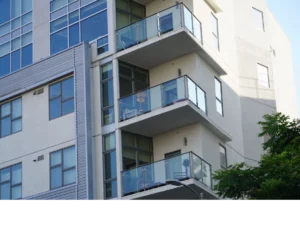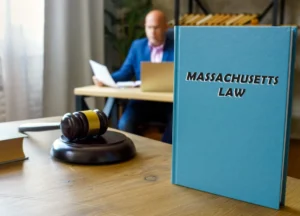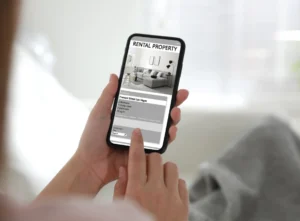Tenants Turn Up the Heat on Landlords
 Massachusetts officials sent out a stark reminders to landlords — keep the heat running, or face the consequences.
Massachusetts officials sent out a stark reminders to landlords — keep the heat running, or face the consequences.
The state’s Office of Consumer Affairs and Business Regulation reminded landlords of their responsibilities to provide proper heating to rental properties during the winter months after noticing an increase in consumer complaints over lack of heat during very cold periods.
For example, during the week of Jan. 14, the Offices Consumer Hotline received 20 calls from tenants regarding winter heating, asking the best way to make their landlord turn on their heat.
When we notice a pattern like this, we know there are many, many more consumers who are experiencing the same treatment but are not calling. It is our responsibility to ensure that consumers are aware of their rights, said Undersecretary Barbara Anthony. We want to make sure landlords are doing what theyre supposed to do under state law.
In Massachusetts, landlords must provide a heating system for each apartment or one system that services all apartments in good working order. The landlord must pay for the fuel to provide heat and hot water and electricity unless the written rental agreement states that the tenant must pay for these utilities.
A number of other cold-weather states have heating laws, and some, like New York and New Jersey, mandate specific temperatures that must be maintained in rental units.
With severe weather covering much of the country, landlords must remain vigilant in keeping up the heat, or they face fines and possible loss of rental licenses. Even in areas without such specific laws, basic rules regarding habitability may give tenants an excuse to stop paying rent if a rental unit becomes uncomfortably cold.
Providing a heating system also means supplying tenants with hot water. The landlord must provide enough water ” with adequate pressure ” to meet tenants ordinary needs.
Proper maintenance is key to avoiding heating problems in the winter. It’s also wise to develop a relationship with a local repair contractor in advance — to avoid winding up at the end of the line if trouble strikes.
Generally, tenants can be charged for water or utility costs so long as it is clearly noted in the written rental agreement. Submetering units is another way that tenants pay for what they use, and rewards those who conserve.
With AAOA, landlords have resources at their fingertips. Check out our new Landlord Forms Page.
American Apartment Owners Association offers discounts on products and services for landlords related to your rental housing investment, including rental forms, tenant debt collection, tenant background checks, insurance and financing. Find out more at www.joinaaoa.org.













 Accessibility
Accessibility